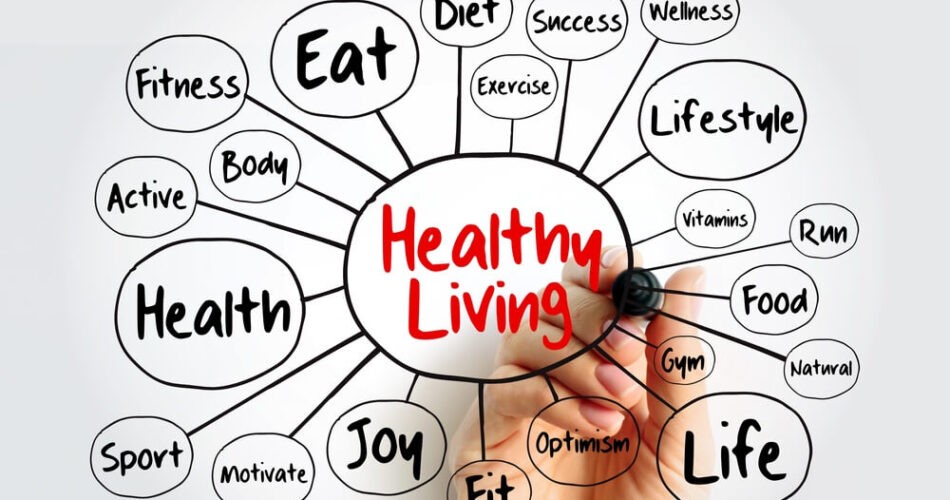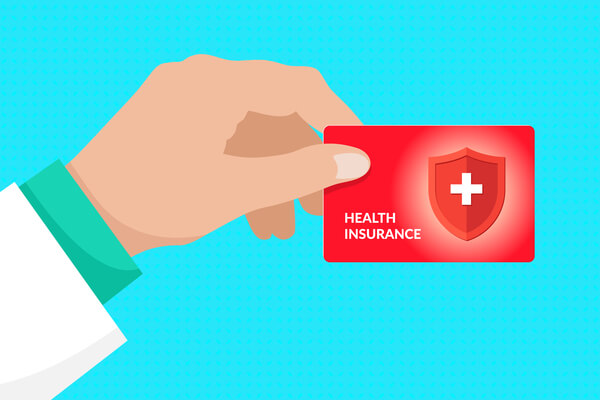Introduction
Ever wondered why some people seem to bounce back from illnesses faster or rarely get sick at all? The secret lies in understanding and maintaining good health. Health isn’t just about not being sick; it’s about achieving a state of complete physical, mental, and social well-being. In today’s fast-paced world, prioritizing our health has never been more crucial. Let’s dive into the different facets of health and how you can enhance yours.
Physical Health
Definition and Importance
Physical health is all about how well your body functions. It’s not just about hitting the gym but encompasses a balanced diet, adequate sleep, and regular medical check-ups. When your body is in good shape, you can tackle daily challenges more effectively and enjoy a higher quality of life.
Regular Exercise
Benefits of Regular Exercise
Exercise isn’t just for athletes. Regular physical activity can improve cardiovascular health, strengthen muscles, boost mood, and enhance overall energy levels. It’s like giving your body a tune-up every day.
Types of Exercises
From jogging and swimming to yoga and weightlifting, there’s no shortage of ways to get moving. The key is to find an activity you enjoy, making it easier to stick with it in the long run.
Balanced Diet
Importance of a Balanced Diet
You are what you eat. A balanced diet provides the essential nutrients your body needs to function correctly. It helps maintain a healthy weight, reduces the risk of chronic diseases, and promotes overall well-being.
Essential Nutrients
A well-rounded diet includes carbohydrates, proteins, fats, vitamins, and minerals. Each plays a vital role, from providing energy to supporting immune function.
Adequate Sleep
Importance of Sleep
Sleep is when your body repairs itself. It’s essential for cognitive function, emotional stability, and physical health. Skimping on sleep can lead to a host of health issues, from weight gain to heart disease.
Tips for Better Sleep
Stick to a sleep schedule, create a restful environment, limit screen time before bed, and avoid heavy meals or caffeine close to bedtime.
Mental Health
Understanding Mental Health
Mental health is as crucial as physical health. It affects how we think, feel, and act. Good mental health helps you handle stress, build relationships, and recover from setbacks.
Stress Management
Causes of Stress
Stress can come from various sources: work, relationships, financial pressures, and more. Understanding what triggers your stress is the first step in managing it.
Techniques to Manage Stress
Exercise, meditation, deep-breathing exercises, and even hobbies can help reduce stress levels. It’s about finding what works best for you.
Mindfulness and Meditation
Benefits of Mindfulness
Mindfulness keeps you grounded and helps reduce stress. It improves focus, emotional regulation, and overall mental well-being.
How to Practice Meditation
Start with just a few minutes a day. Focus on your breathing, observe your thoughts without judgment, and gradually increase the duration as you get more comfortable.
Social Connections
Importance of Social Interactions
Humans are social creatures. Building and maintaining relationships can boost your mood, provide support during tough times, and even improve longevity.
Building and Maintaining Relationships
Make time for friends and family, communicate openly, and be willing to offer and accept support.
Emotional Health
Definition and Importance
Emotional health involves being in control of your thoughts, feelings, and behaviors. It’s about coping with life’s challenges and maintaining a positive outlook.
Self-Awareness
Benefits of Self-Awareness
Knowing yourself can lead to better decision-making, improved relationships, and increased overall happiness.
Techniques to Improve Self-Awareness
Journaling, seeking feedback, and mindfulness practices can help enhance self-awareness.
Emotional Regulation
Strategies for Emotional Control
Recognize your emotions, understand their triggers, and develop healthy coping mechanisms. Techniques like deep breathing, positive self-talk, and seeking professional help when needed can be beneficial.
Seeking Professional Help
Sometimes, talking to a therapist or counselor can provide new insights and strategies for managing emotions effectively.
Preventive Health
Importance of Preventive Measures
Prevention is better than cure. Taking steps to prevent illness can save you time, money, and discomfort in the long run.
Regular Health Check-ups
Benefits of Regular Check-ups
Regular check-ups can catch health issues early when they’re most treatable. They also provide a chance to discuss any concerns with your doctor.
Key Screenings and Tests
Depending on your age and risk factors, your doctor may recommend screenings for cholesterol, blood pressure, diabetes, cancer, and more.
Vaccinations
Importance of Vaccinations
Vaccinations protect you from various infectious diseases. They’re a critical component of preventive health.
Common Vaccinations for Adults and Children
Vaccines like the flu shot, MMR (measles, mumps, rubella), and HPV are essential for both children and adults. Ensure you stay up-to-date with your vaccination schedule.
Healthy Lifestyle Habits
Avoiding Harmful Behaviors
Smoking and Alcohol
Smoking and excessive alcohol consumption can lead to serious health issues, including cancer, liver disease, and cardiovascular problems. Quitting smoking and moderating alcohol intake can significantly improve your health.
Substance Abuse
Avoiding drugs and other harmful substances is crucial for maintaining overall health. Seek help if you struggle with addiction.
Healthy Work-Life Balance
Importance of Balance
Balancing work and personal life is vital for reducing stress and preventing burnout. It allows you to enjoy life and maintain good health.
Tips to Achieve Work-Life Balance
Set boundaries, prioritize tasks, take regular breaks, and ensure you have time for hobbies and relaxation.
Staying Hydrated
Benefits of Hydration
Water is essential for almost every bodily function. Staying hydrated helps with digestion, energy levels, and even skin health.
How Much Water to Drink Daily
Aim for at least eight 8-ounce glasses of water a day, but remember that individual needs can vary based on activity level and climate.
Conclusion
Health is a multifaceted concept that involves taking care of your body, mind, and emotions. By adopting healthy habits, staying active, eating a balanced diet, getting enough sleep, and managing stress, you can enhance your overall well-being and enjoy a better quality of life. Remember, small changes can make a big difference, so start today and make your health a priority.











